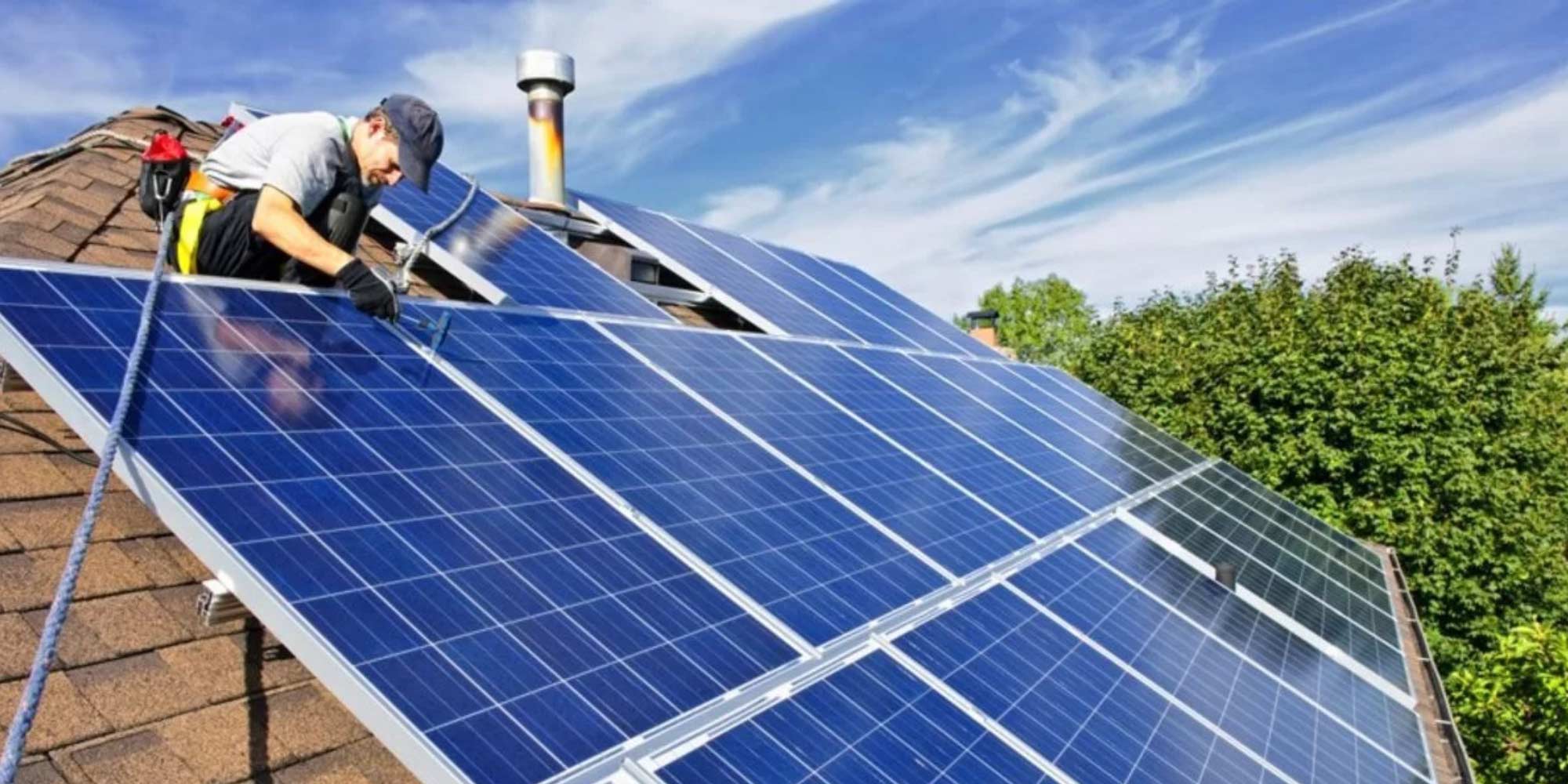Introduction:
In a world where energy consumption continues to rise, the imperative for energy conservation has never been greater. Energy conservation entails adopting practices and technologies to reduce energy consumption while maintaining or improving productivity. In this comprehensive guide, we explore the importance of energy conservation, effective strategies for implementation, and the collective benefits it offers towards building a sustainable future.

Understanding Energy Conservation:
Energy conservation encompasses a range of practices aimed at minimizing energy waste and optimizing energy use across various sectors, including residential, commercial, industrial, and transportation. By employing energy-efficient technologies, implementing behavioral changes, and adopting sustainable practices, individuals and organizations can significantly reduce their energy footprint while realizing cost savings and environmental benefits.
Effective Strategies for Energy Conservation:
- Energy Audits: Conducting energy audits to assess current energy usage patterns, identify inefficiencies, and prioritize areas for improvement is a crucial first step towards effective energy conservation.
- Efficient Lighting: Transitioning to energy-efficient lighting solutions, such as LED bulbs and fixtures, can yield significant energy savings while providing superior illumination and longevity.
- Appliance Upgrades: Investing in energy-efficient appliances and equipment, bearing the ENERGY STAR® label, can substantially reduce energy consumption for heating, cooling, refrigeration, and other household or commercial needs.
- HVAC Optimization: Optimizing heating, ventilation, and air conditioning (HVAC) systems through regular maintenance, proper insulation, and programmable thermostats can enhance comfort levels and minimize energy waste.
- Smart Building Technologies: Implementing smart building technologies, including energy management systems, occupancy sensors, and automated controls, can optimize energy use based on real-time data and user preferences.
- Behavioral Changes: Encouraging energy-saving behaviors among occupants through awareness campaigns, education, and incentivization fosters a culture of conservation and sustainability.
Benefits of Energy Conservation:
- Cost Savings: Energy conservation measures result in lower utility bills, reduced operating costs, and increased financial savings for individuals, businesses, and organizations.
- Environmental Protection: By reducing energy consumption, energy conservation mitigates greenhouse gas emissions, air pollution, and environmental degradation, contributing to climate change mitigation and preservation of natural resources.
- Energy Security: Energy conservation enhances energy security by reducing dependence on fossil fuels, mitigating risks associated with energy price volatility, supply disruptions, and geopolitical instability.
- Sustainable Development: Energy conservation promotes sustainable development by fostering resource efficiency, enhancing resilience to energy shocks, and creating green jobs and economic opportunities in the renewable energy and energy efficiency sectors.
Challenges and Overcoming Barriers:
- Initial Investment: Overcoming upfront costs associated with implementing energy conservation measures may pose a barrier for some individuals and organizations. However, the long-term benefits and return on investment often outweigh the initial investment.
- Behavioral Resistance: Changing ingrained behaviors and habits related to energy use can be challenging. Effective communication, education, and engagement strategies are essential to overcoming resistance and fostering a culture of energy conservation.
- Lack of Awareness: Limited awareness and understanding of energy conservation practices and their benefits may hinder widespread adoption. Education, outreach, and outreach campaigns play a vital role in raising awareness and promoting behavior change.
Conclusion:
Energy conservation is a cornerstone of sustainable development, offering a pathway towards a cleaner, more resilient, and prosperous future for all. By embracing energy-efficient technologies, implementing effective strategies, and fostering a culture of conservation, we can collectively reduce energy consumption, mitigate climate change, and safeguard our planet for future generations. Empowered by knowledge and commitment, let us embark on a journey towards a brighter, more sustainable future through effective energy conservation practices.